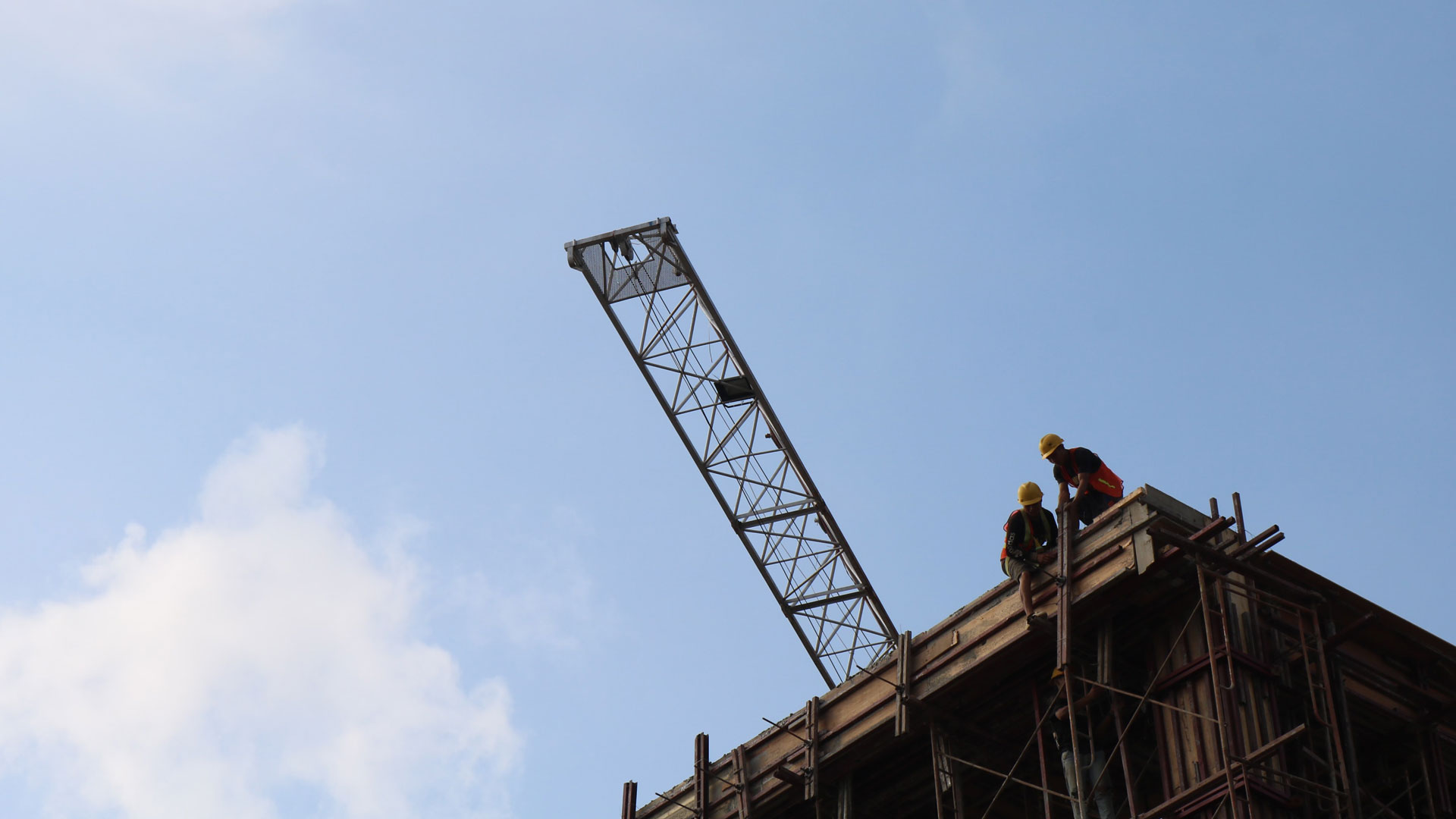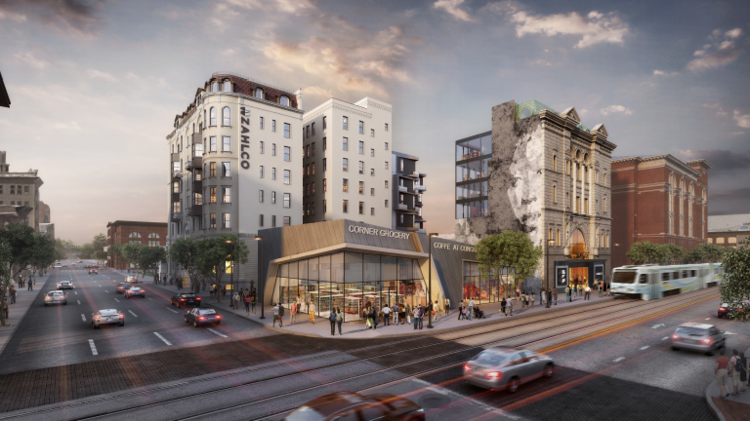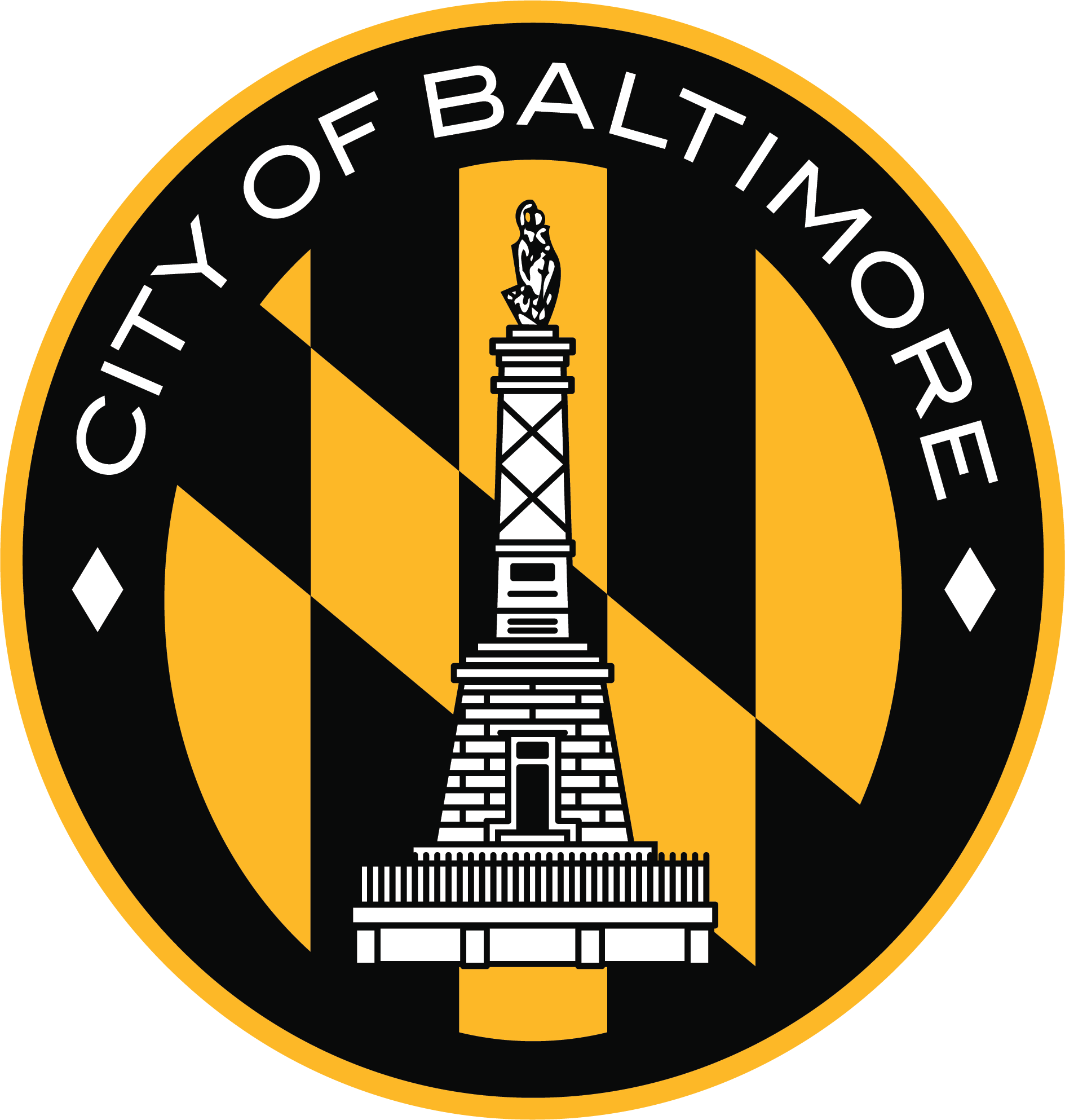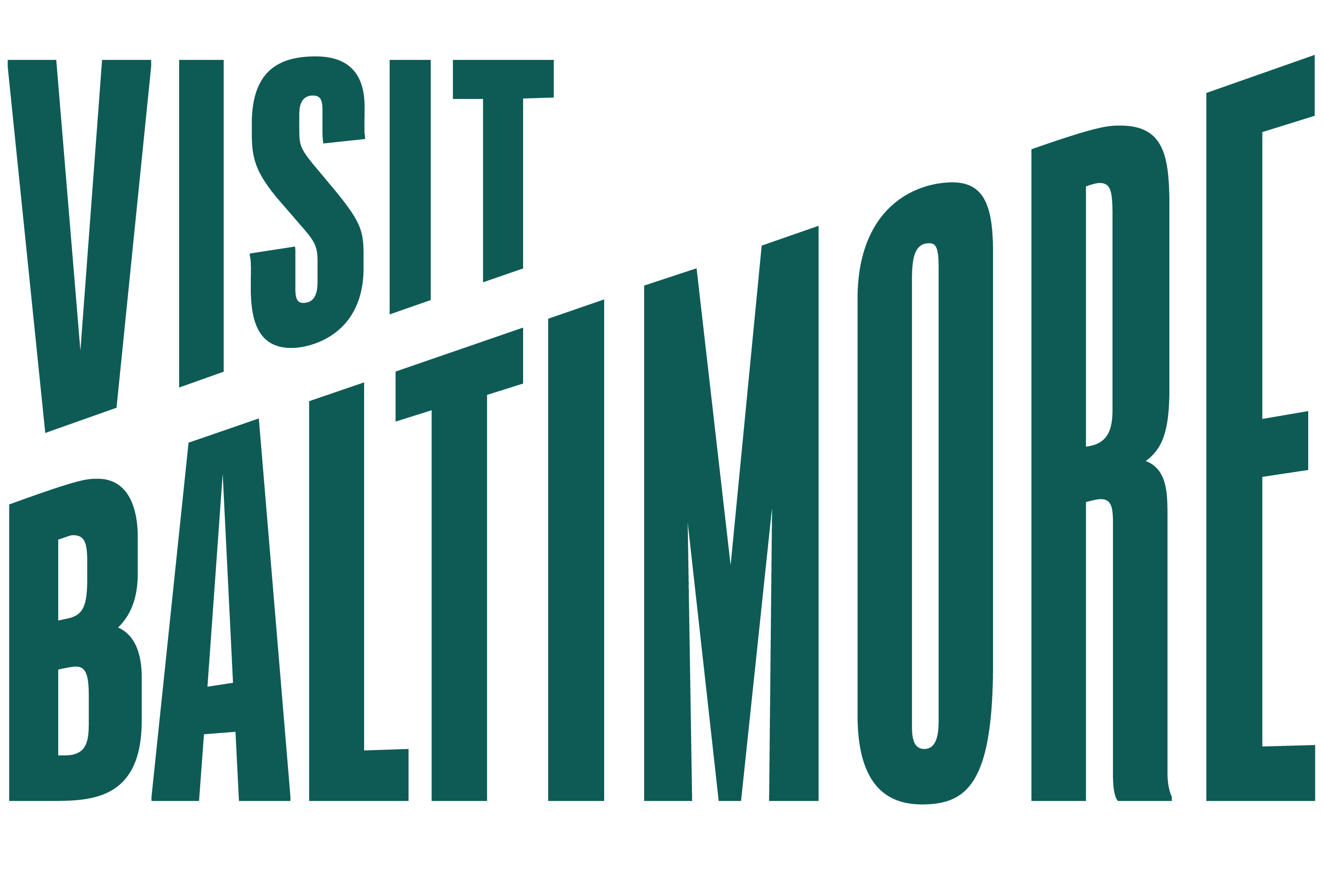Maryland Department of Housing and Community Development's Revitalization Grants
The Maryland Department of Housing and Community Development’s (DHCD) revitalization grant programs, specifically the Community Legacy and Project C.O.R.E. programs, continue to help fund large-scale development projects in Downtown Baltimore.

What kind of projects can funds be used for?
Both Community Legacy and Project C.O.R.E. are flexible programs that can be used for a variety of community development purposes.
According to DHCD’s eligibility description, Community Legacy projects/activities typically include:
- Mixed-use development consisting of residential, commercial and/or open space
- Business retention, expansion and attraction initiatives
- Streetscape improvements
- Increasing homeownership and home rehabilitation among residents
- Residential and commercial façade improvement programs
- Real estate acquisition, including land banking, and strategic demolition
Project C.O.R.E. similarly seeks to redevelop communities; however, there is a focus on redeveloping entire dilapidated buildings. Funding for this program typically goes to demolishing or gutting blighted properties.
Why is this grant opportunity a priority for DPOB?
DHCD’s revitalization programs – and in particular Community Legacy (CL) and Project C.O.R.E. – are two of our best tools for addressing blight in Downtown Baltimore. To rehabilitate dilapidated buildings Downtown, developers frequently require some public financing beyond what traditional lenders provide. DHCD’s programs provide some of the best chances to acquire this public funding because:
- DPOB maintains a strong relationship with DHCD, which has been a reliable funder of our Façade Improvement Program and other capital improvement projects over the past two decades.
- DHCD funding is flexible, useable for different expense categories (e.g. acquisition, planning, development, etc.)
- Application rounds are available at least once per year (though applications are not always released at the same time)
- Possible funding amounts are substantial – previously up to $500,000, and in this round up to $1,000,000 per project.
What is DPOB’s role in these projects?
By law, for-profit companies must partner with community-based nonprofit organizations to apply for State Revitalization Program funding. For each project, DPOB develops the application (with partner support), receives state funds if the application is successful, and administers funding to the private developer in accordance with the grant agreement. For this role, partners agree to pay DPOB a 10% administration fee if the grant is funded.
What is the current timeline?
- Round Announced and Program Guidelines Available: Monday, May 10, 2021
- Online Application Open: Monday, May 17, 2021
- Application Deadline: Thursday, June 24, 2021, at 3 p.m.
Why should DPOB be private developers’ partner on these applications and not other local economic development organizations?
Among leading economic development agencies Downtown and in Baltimore overall, DPOB is best positioned to be developers’ nonprofit partners on these applications. Baltimore Development Corporation leaders have decided they will not partner with any company for this program; that leaves just DPOB and the Market Center Community Development Corporation (MCCDC) as remaining economic development nonprofits with a Downtown focus. Since MCCDC has a small geographic focus and limited staff time, DPOB is left as many applicants’ best local resource.
How many staff hours will each application require?
Each application will require approximately 10 hours of Economic Development staff time.
Explore Applications for FY23
Below is a list of projects DPOB Economic Development staff is working on submitting for state revitalization funds. PLEASE NOTE: Because this application round was just announced, conversations with project partners and DHCD staff are ongoing, and project details are subject to change.
Successful Revitalization Projects
Below is a list of projects Downtown Partnership has successfully received revitalization funds to support in recent years.
Downtown BOOST Program
FUNDED – FY22 Community Legacy
DPOB applied for $100,000 to support capital costs for the Downtown BOOST Program in Rounds 2 and 3.
Guardian House
FUNDED – FY22 Project CORE
In partnership with Landmark Partners, DPOB applied for $500,000 in FY21 to support the redevelopment of 17-23 S Gay Street into a mixed-use project with 2 retail spaces and 66 affordable apartments that are reserved for Baltimore’s first responders. The application was rejected in FY21, but supported in FY22 upon resubmission with a new request for $1M in support of the project.
Facade Improvement Program
FUNDED – FY21 & FY18 Community Legacy
DPOB applied for $100,000 to continue the successful Facade Improvement Program, which ran out of funds from our FY18 Community Legacy award.
Current Space
FUNDED – FY17 Project C.O.R.E.
Downtown Partnership successfully applied for $500,000 in Project C.O.R.E. funding to support the renovation and expansion of Current Space gallery in the Bromo Arts District.
Le Mondo
FUNDED – FY17 Project C.O.R.E.
Downtown Partnership successfully applied for $300,000 in Project C.O.R.E. funding to support the development of Le Mondo, a performing arts and gallery space in the Bromo Arts District.








